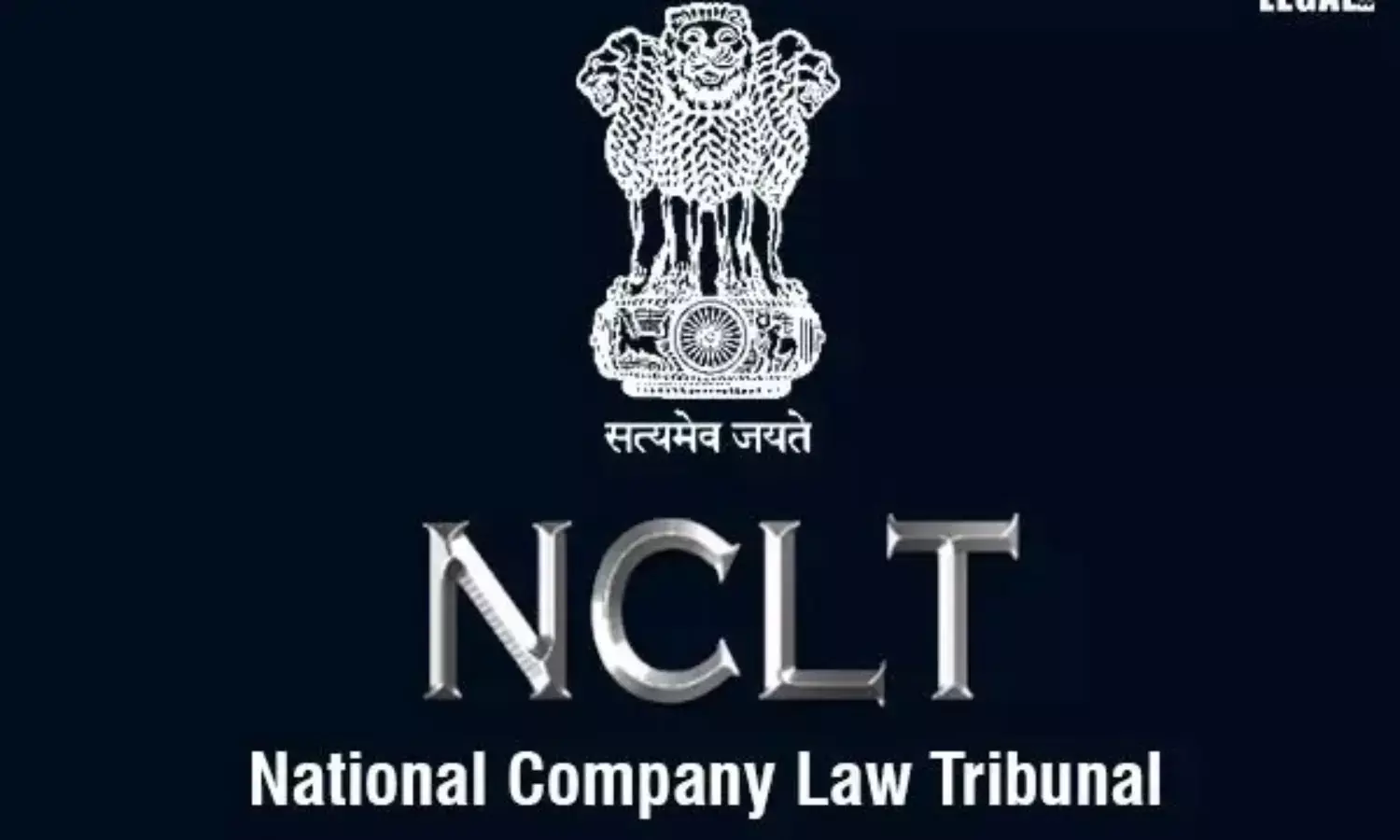NCLT Kolkata: Pre-Existing Dispute And The Matter Concerning Forgery And Fabrication Of A Document Falls Beyond The Scope Of Adjudicating Authority In A Summary Proceeding Under The IBC
The National Company Law Tribunal Kolkata, bench consisting of Smt. Bidisha Banerjee (Judicial Member) and Shri D. Arvind;

NCLT Kolkata: Pre-existing dispute and the matter concerning forgery and fabrication of a document falls beyond the scope of Adjudicating Authority in a summary proceeding under the IBC
The National Company Law Tribunal ('NCLT') Kolkata, bench consisting of Smt. Bidisha Banerjee (Judicial Member) and Shri D. Arvind (Technical Member), has determined that a police complaint filed before the issuance of the Demand Notice under Section 8 of the Insolvency and Bankruptcy Code (IBC), regarding a dispute over the supply of inferior goods and/or services, constitutes a pre-existing dispute and the matter concerning forgery and fabrication of a document falls beyond the scope of adjudication by the Adjudicating Authority in a summary proceeding under the IBC.
Abdul Hannan, the operational creditor (applicant), had supplied raw jute to Jai Jute and Industries Limited (the corporate debtor). Before the issuance of the demand notice on 16.03.2022, a criminal complaint was lodged by the corporate debtor on 17.07.2017 at the Posta Police Station. The complaint alleges that the operational creditor has engaged in forgery. They were accused of fabricating false documents, providing inadequate supplies of raw jute, and conspiring with corporate debtor employees to falsify satisfactory inspection reports regarding the quality of raw jute.
On 20.07.2017, a settlement agreement was reached between the parties. In this agreement, the operational creditor admitted to the complaints raised by the corporate debtor regarding the quantity and quality of the goods supplied, as well as fraudulent acts allegedly committed. The parties mutually agreed to settle the dispute without pursuing further criminal or civil proceedings. The settlement entailed a payment of Rs. 66 Lakh, to be made in installments within one year from the date of execution of the settlement agreement, with no interest.
As per the settlement agreement, post-dated cheques (PDCs) totalling Rs. 66 Lakh were provided as security, to be held until full payment was made under the settlement agreement. Subsequently, both parties agreed that the corporate debtor would withdraw its complaint.
The corporate debtor owes the applicant an outstanding debt of Rs. 2.16 crore. Dissatisfied with this, the applicant submitted a petition under Section 9 of the IBC to initiate the Corporate Insolvency Resolution Process (CIRP) against the corporate debtor.
In light of these facts, the NCLT framed the following issues for determination:
i. Whether a police complaint can be considered a pre-existing dispute.
ii. Whether issues regarding forgery and fabrication can be decided in a summary proceeding under the IBC.
Regarding the first issue, the NCLT observed that a police complaint filed before the issuance of the Demand Notice under Section 8 of the IBC, pertaining to a dispute concerning the supply of inferior goods or services, constitutes a pre-existing dispute. The Tribunal relied on the NCLAT decisions in Sherbahadur D. Yadav v. M/s. Rohan Dyes and Intermediates Ltd. and Mr. Anil J. Nemaavarkar v. M/s. Kumar Builders Mumbai Realty Pvt. Ltd. to support this conclusion. It was noted that while a settlement agreement was reached on 20.07.2017 resolving the complaint, there was no evidence presented regarding the withdrawal or closure of the complaint.
Addressing the second issue, the NCLT observed that disputes involving forgery and fabrication of documents fall beyond the scope of adjudication in a summary proceeding under the IBC. It referred to various legal precedents, including Radha Exports (India) Pvt. Limited v. K.P. Jayaram and others, Jaginder Singh Lather v. AU Small Finance Bank Ltd., Shelendra Kumar Sharma v. DSC Ltd., and Satori Global Limited v. Shailja Krishna, emphasizing that such issues require examination of evidence and are not suitable for summary jurisdiction.
The NCLT also referenced the decision in Mobilox Innovations Private Limited v. Kirusa Software Private Limited, affirming that disputes related to forgery and fabrication cannot be resolved in summary proceedings under the I&B Code. It stressed that the adjudicating authority's focus should be on determining the existence of an operational debt exceeding the prescribed threshold and whether a dispute exists between the parties before the receipt of the demand notice.
Consequently, NCLT dismissed the CIRP application and noted that since there are pre-existing disputes between the parties in regard to the supply of goods, the defense claimed by the corporate debtor cannot be considered moonshine.

